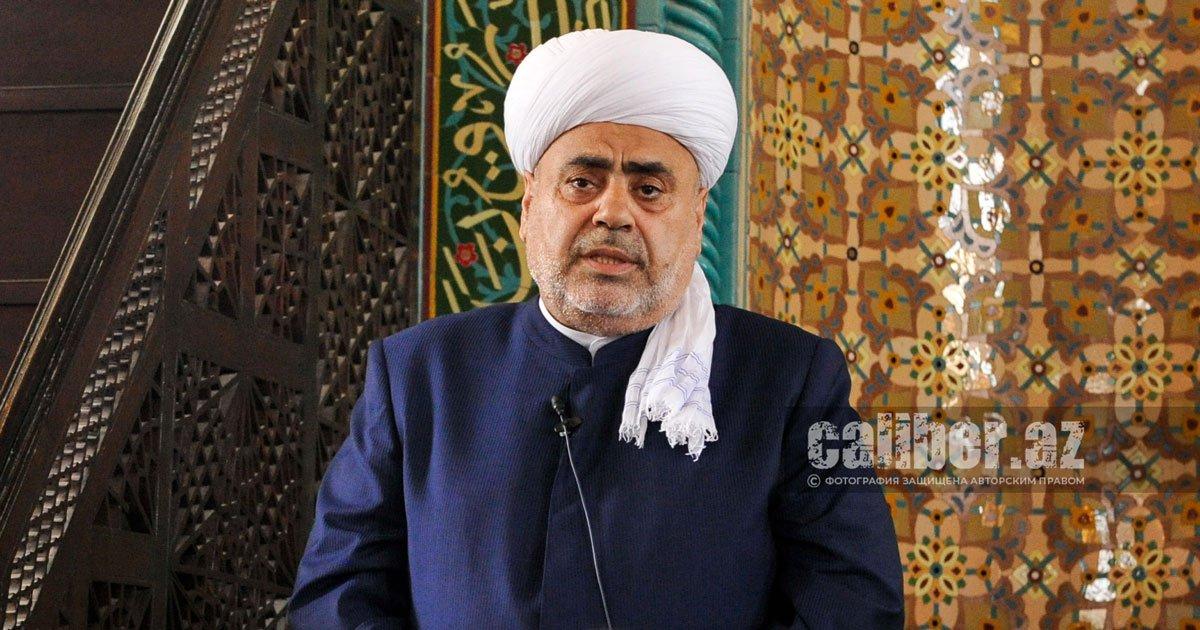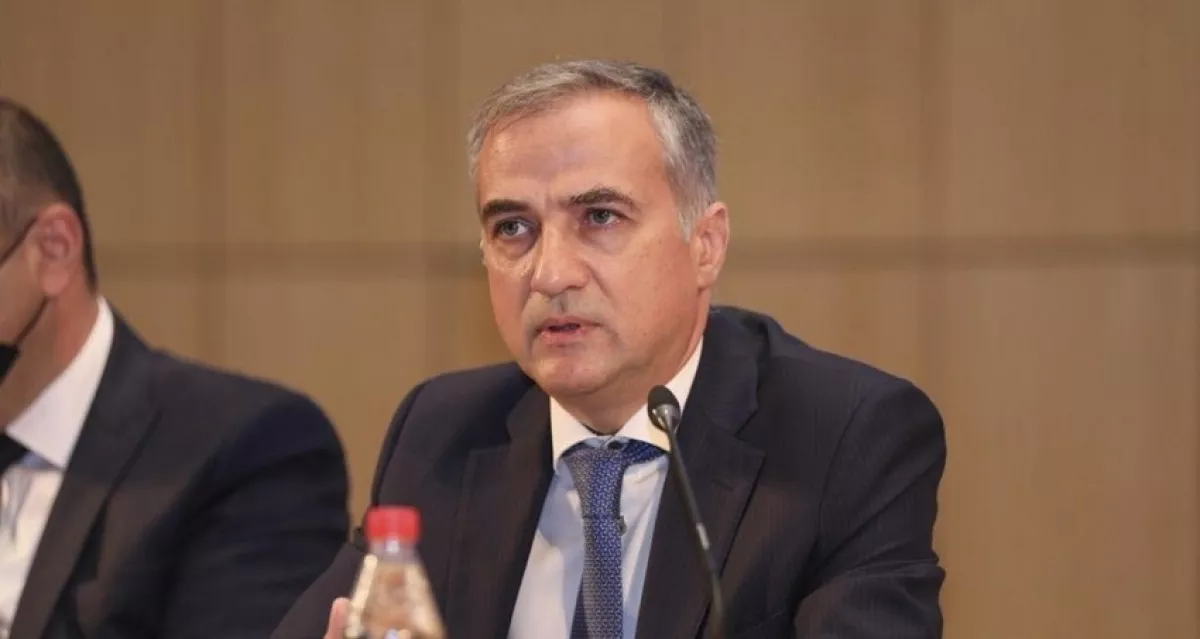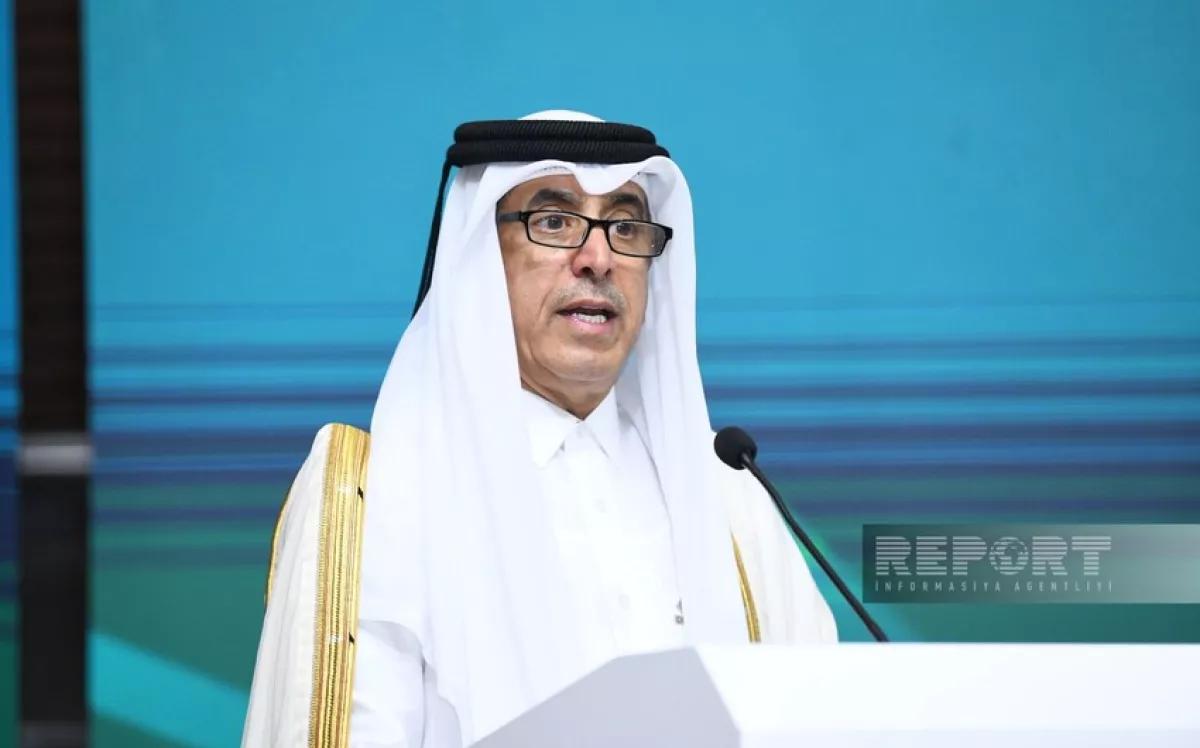Religious, political leaders urge collective action to combat Islamophobia at Baku forum Photo
Senior religious and political figures gathered in Azerbaijan's capital on May 26 for an international conference titled “Islamophobia in Focus: Unveiling Bias, Shattering Stigmas”, raising concerns over the politicisation of religion, rising global intolerance, and threats to international stability.
Speaking at the event, Sheikhulislam Allahshukur Pashazade, Chairman of the Caucasus Muslims Office (CMO), condemned those who, in his words, "exploit Islam for political purposes", urging a unified response to protect religious values from foreign interference, Caliber.Az reports per local media.

He also criticised the Armenian Apostolic Church, accusing it of promoting revanchist sentiment rather than fostering peace. The cleric cited the destruction of mosques and places of worship in Azerbaijani territories formerly under Armenian occupation as among the “greatest tragedies” of the conflict.
Highlighting what he described as ongoing religious discrimination, Pashazade pointed to the suspension of the Yerevan Eldership’s activities in what Azerbaijan refers to as Western Azerbaijan, where over 300 Islamic sites are located. However, he announced that the Council of Elders of the CMO had recently resolved to restore the Eldership’s operations.

Farid Shafiyev, Chairman of the Centre of Analysis of International Relations, echoed these concerns. In his remarks, he described Islamophobia as a “geopolitical threat” that not only fosters discrimination but can also fuel international conflict and terrorism.
“Azerbaijan opposes the activities of radical groups,” Shafiyev said. “We must continue our efforts in the name of peace.”
He emphasised that Islamophobic sentiment is not limited to individuals or fringe groups but is increasingly manifested at the state level, especially in countries such as France, Denmark, and Switzerland. He warned that such trends undermine global stability, cooperation, and human rights.

Also addressing the conference was Dr Ibrahim Saleh Al-Naimi, Chairman of the Doha International Centre for Interfaith Dialogue (DICID), who described Islamophobia as an issue of both religious freedom and fundamental human rights. He expressed alarm over the growing global reach of anti-Muslim prejudice, which he said could have dire consequences if left unaddressed.
Dr Al-Naimi proposed three key approaches to combating Islamophobia: prioritising education, mobilising international efforts to disseminate accurate information about Islam, and enhancing global cooperation across communities.
“Either we act together for the sake of the future, or there will be no future,” he concluded.
The conference also featured the screening of a documentary highlighting cases of Islamophobia around the world. The film focused on Azerbaijan’s own initiatives to counter religious discrimination, particularly following the declaration of the International Day to Combat Islamophobia.
By Aghakazim Guliyev








